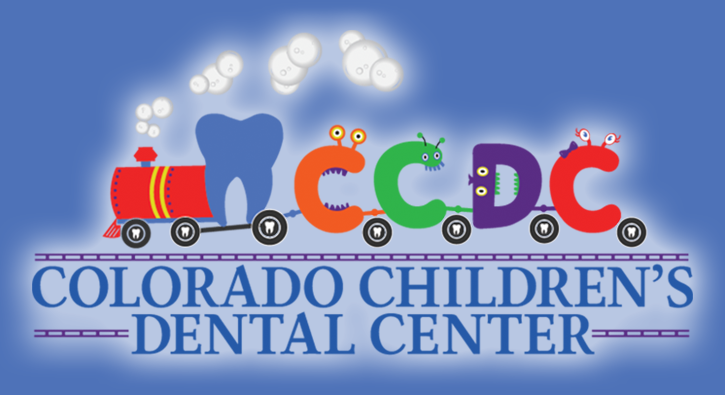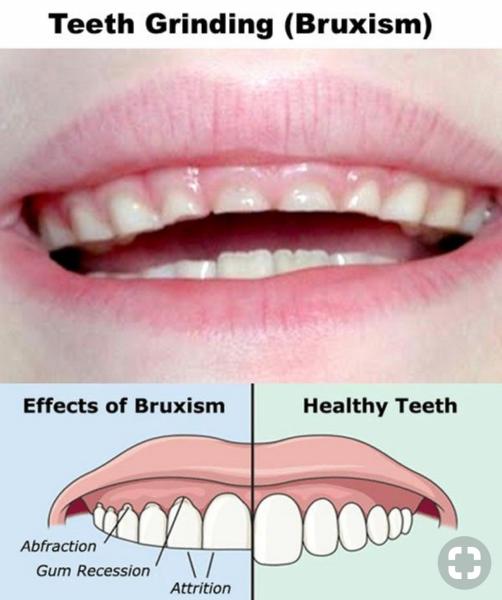The CCDC Blog
Healthy Habits for the Holidays
Tips and Tricks
By: Brianne Jones, RDH
Healthy Habits for the Holidays!  Â
The holiday break is a great time to help your kids establish and maintain healthy dental habits. This includes good brushing, flossing and eating habits that are essential for healthy teeth. Parents and caregivers can learn more in this holiday themed tip sheet.
http://mouthmonsters.mychildrensteeth.org/healthy-habits-at-the-holidays/
Colorado Children's Dental Center
Keeping Kids Teeth on the Healthy Track!
Serving the Parker, Aurora, Highlands Ranch and Centennial Community!Â
Juice Junkie!
How Much and How Often!
By Brianne Jones, RDH
The Trouble With Juice!
As the holiday fun approaches, and the sweet treats start to invade our lives, try to remember the importance of water over juice! This chart is a helpful reminder of frequency and amounts of juice your child should be consuming based on their age. Juice is the #1 reason cavities develop in between teeth in children!  While your child sleeps at night, juice bathes his or her teeth with liquid which feeds the bacteria that produces tooth decay. This can happen very quickly! Baby teeth (just like permanent teeth) have nerves in them and these cavities can become toothaches and the source of infections which can lead to the urgent need of extracting or restoring the teeth.
Kids and Grinding
Effects of Bruxism
By Brianne Jones, RDH
Kids and Grinding!
Â
A peaceful, sleeping child is the best kind, right?! Sure, but...truth is, often times kids grind their teeth and you are left hearing that awful, "nails on the chalkboard" sound where your skin begins to crawl! ha! Well, Bruxism (the fancy term for grinding of teeth or jaw clenching) is actually quite common and sometimes educating yourself on potential causes, can help with eliminating and treating it!
Experts aren't always sure why bruxism happens. In some cases, kids may grind because the top and bottom teeth aren't aligned properly. Others do it as a response to pain, such as from an earache or teething. Kids might grind their teeth as a way to ease the pain, just as they might rub a sore muscle. Many kids outgrow these fairly common causes for grinding.
Stress — usually nervous tension or anger — is another cause. For instance, a child might worry about a test at school or a change in routine (a new sibling or a new teacher). Even arguing with parents and siblings can cause enough stress to prompt teeth grinding or jaw clenching.
Some kids who are hyperactive also have bruxism. And sometimes kids with other medical conditions (such as cerebral palsy) or who take certain medicines can develop bruxism.
Sometimes teeth grinding can go unnoticed and the child may not have any side effects. Other times, bruxism can leave a child with severe sensitivity, lack of enamel on the teeth, a chipped tooth, and even can lead to TMJ problems and severe earaches.
Treating Bruxism
Most kids outgrow bruxism, but a combination of parental observation and dental visits can help keep the problem in check until they do.
In cases where the grinding and clenching make a child's face and jaw sore or damage the teeth, dentists may prescribe a special night guard. Molded to a child's teeth, the night guard is similar to the protective mouthpieces worn by athletes. Though a mouthpiece can take some getting used to, positive results happen quickly.
Helping Kids With Bruxism
Whether the cause is physical or psychological, kids might be able to control bruxism by relaxing before bedtime — for example, by taking a warm bath or shower, listening to a few minutes of soothing music, or reading a book.
For bruxism that's caused by stress, ask about what's upsetting your child and find a way to help. For example, a kid who is worried about being away from home for a first camping trip might need reassurance that mom or dad will be nearby if needed.
If the issue is more complicated, such as moving to a new town, discuss your child's concerns and try to ease any fears. If you're concerned, talk to your doctor.
In rare cases, basic stress relievers aren't enough to stop bruxism. If your child has trouble sleeping or is acting differently than usual, your dentist or doctor may suggest further evaluation. This can help find the cause of the stress and a proper course of treatment.
Â
Why Choose a Pediatric Dentist?
By Bri Jones, RDH
Why Choose a Pediatric Dentist?!
Dr. Jones is a pediatric dentist, specializing in the treatment and prevention of dental disease as well as the overall oral health of children. Through additional years of schooling, training, experience, and certification, a pediatric dentist is uniquely qualified to treat the needs of infants, children and teens.
A pediatric patient not only has a different dentition that adults, but he/she may have specific dental and behavioral needs that are unique to a child patient. In addition to treating existing dental problems, our office focuses on prevention through patient and parent education. We like to feel that you and your child do not come to our office to have their “cavities fixed†but rather to prevent them and enjoy a cavity-free future.
Chewing Gum
Xylitol Gum
By Brianne Jones, RDH
Can Chewing Gum Fight Cavities?!
YES!!!
Â
The chewing of sugarless gum increases the flow of saliva, which washes away food and other debris, neutralizes acids produced by bacteria in the mouth and provides disease-fighting substances throughout the mouth. Increased saliva flow also carries with it more calcium and phosphate to help strengthen tooth enamel. Therefore, gum containing the ingredient Xylitol (like Trident) can help keep teeth clean and fight cavities! Xylitol is the ingredient that helps increase saliva production, which in turn helps wash away sugar bugs.Â
Don’t let chewing sugarless gum replace brushing and flossing. It’s not a substitute. The ADA still recommends brushing twice a day with fluoride toothpaste and cleaning plaque from between your teeth once a day with dental floss or other interdental cleaners.
Look for chewing gum that carries the ADA Seal. The ADA Seal is your assurance that the sugar-free chewing gum has met the ADA criteria for safety and effectiveness. You can trust that claims made on packaging and labeling for ADA-accepted products are true, because companies must verify all of the information to the ADA. Products with the ADA Seal say what they do and do what they say.





